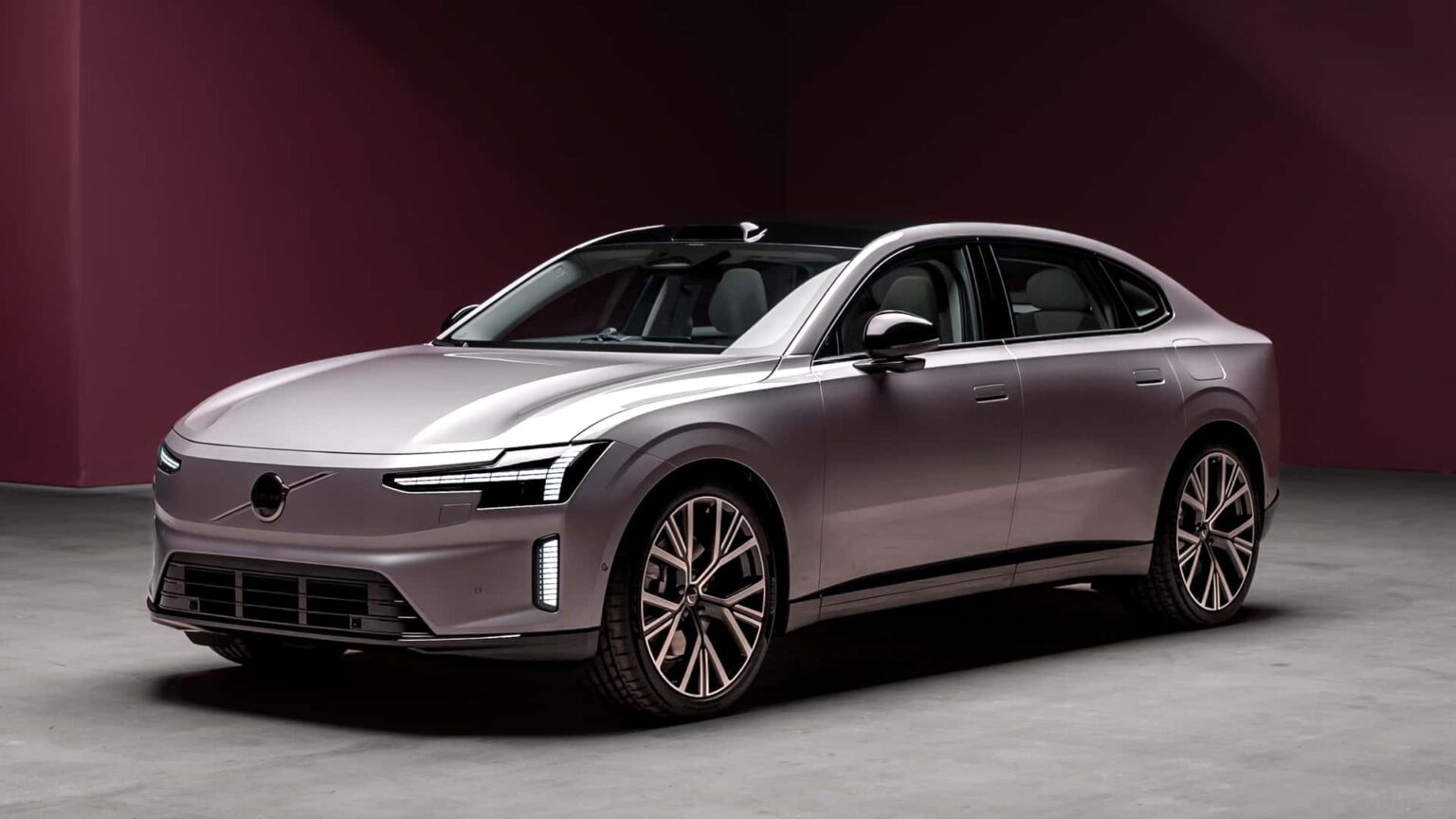It was more than four years ago when Volvo announced it would go fully electric by the end of the decade. But reality soon set in, showing that the rise of EVs wasn’t unfolding as quickly as the Geely-owned company had hoped. The Swedes have since abandoned their EV-only pledge for 2030. Their new target is for plug-in hybrids and purely electric cars to account for 90 to 100 percent of sales by decade’s end.
Even so, Volvo still believes the end is nigh for ICE. After building its last diesel about a year and a half ago, the automaker now sees an expiration date for the gasoline engine as well. In an interview with Bloomberg (subscription required), CEO Hakan Samuelsson made a bold projection:
‘The industry will be electric—there’s no turning back. It may take a bit longer in some regions, but the direction is clear. In (about) 10 years, cars will all be electric and they will be lower cost.’
It’s an interesting claim given that Volvo’s EV sales are actually falling. Through the first eight months of the year, it sold only 90,326 vehicles without a combustion engine, a massive 24-percent drop compared to the same period in 2024. Even plug-in hybrids slipped slightly, down one percent to 107,380 units. Pure gasoline models and mild-hybrids fell seven percent to 253,376. Overall, Volvo hasn’t had a great year so far, with total deliveries down 10 percent to 498,464 cars.
Photo by: Volvo
Nevertheless, the 74-year-old executive remains confident that Volvo can rebound if it makes the right moves. Samuelsson told Bloomberg the company must roll out new plug-in hybrids, which he described as “electric cars with a backup engine.” It’s unclear whether he was referring to long-range plug-in hybrids like the new XC70 or to range-extending EVs that use a gas engine as a generator. Parent company Geely is already familiar with range-extender tech through its Horse joint venture with Renault.
Samuelsson’s all-electric vision could spell trouble for some legacy automakers. He believes the industry is headed for major restructuring, and while some “companies will adapt to new circumstances and survive, others will not.” Looking ahead to the electric era beginning around 2035, he predicts “two or three very strong Chinese brands” will be among the dominant forces, while the old guard, or what’s left of it, will be forced to face a new reality.
Not all established names see things the same way. BMW, for one, doesn’t want to abandon combustion engines in 2035, the year the EU plans to ban new ICE sales. Mercedes has warned the industry could “collapse” in Europe if the ban goes ahead. Audi and Porsche also believe going all-in on EVs less than a decade from now would be premature.
Meanwhile, Volvo’s sister brand Polestar is taking shots at rivals over their broken all-electric promises. According to Autocar (subscription required), Polestar showcased quotes from competing brands at the IAA Mobility Show in Munich this week. Both Volvo and Polestar are urging the EU to hold firm on its 2035 zero-emission mandate while many rivals want looser legislation.
High-ranking representatives from automakers will meet on Friday with European Commission President Ursula von der Leyen to discuss the ban, which Mercedes CEO Ola Källenius says is “simply no longer feasible.”
Source:
Bloomberg (subscription required)
Read the full article here



